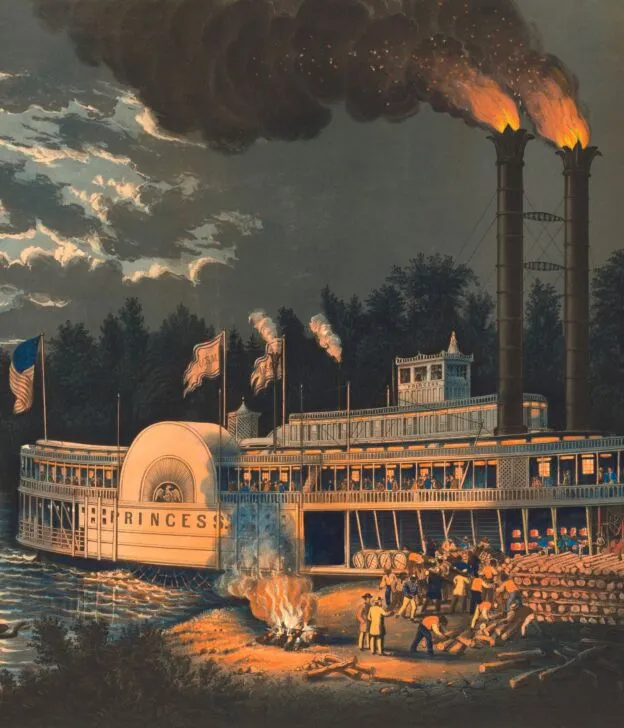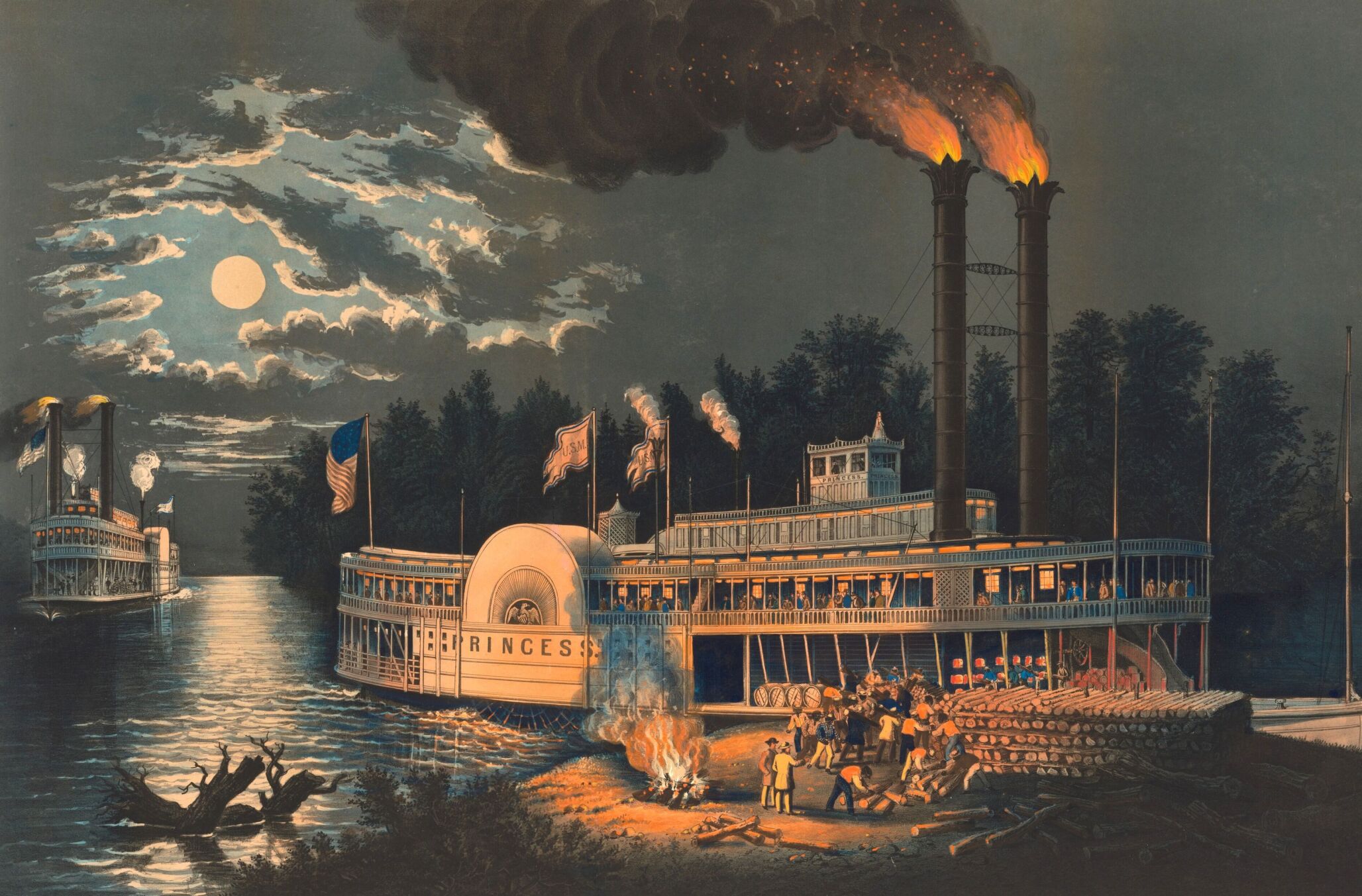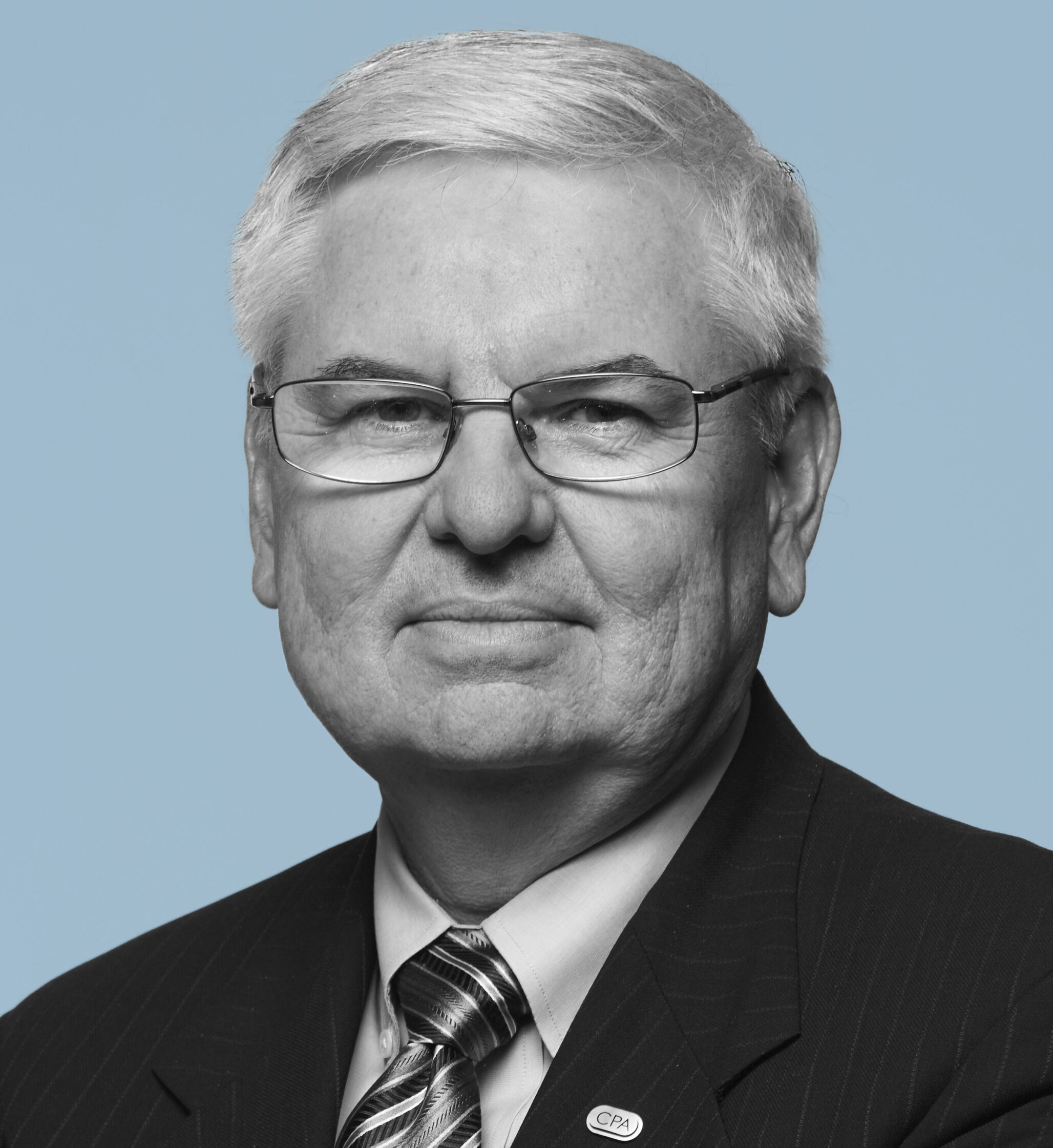
Accounting for Civics
When the American Founders broke away from the British Empire, they declared that they would devote their “lives, fortunes, and sacred honor” to the cause of freedom. Although we may not have to face down a great world-empire like they did, the Founders’ pledge is still the gold standard for citizenship. If we intend to preserve the experiment in liberty we have inherited, we all—from scholars and teachers to philanthropists and ordinary citizens—must rededicate ourselves to that cause. This is the truest meaning of civic education.
The practical world of business and industry may seem miles away from the world of theory and ideas that constitutes civic education. But upon further examination, the distance is much smaller than it first appears. Civics comprises the world we live in and the rules we play by invariably as American citizens—everyone needs a mastery of this common knowledge for our society to function properly.
Take, for instance, the straightforward connection between policy and business. For 30 years, I served as the CEO of the American Institute of Certified Public Accountants. In that time, I came to understand that, like any other group of professionals in their own worlds, CPAs have an ongoing responsibility to leverage an understanding of American democracy to make informed decisions on the global accounting stage. Civics became a vital part of my day-to-day work.
Beyond the need to understand civics, though, I also learned that accountants have something unique to contribute to civic discourse. Our niche expertise in the great marketplace of ideas is to be constantly asking questions: “Is this administrable? Are there issues no one is thinking about? How can we make this more cost effective for American citizens?” Accounting may seem technical, but its insights are civic: rooted in public accountability and service.

Civic education, then, is not just for future policymakers. It serves every industry—especially business.
First, all professionals are regulated by laws. If we don’t understand how those laws are made, or how policy develops, we can’t participate effectively in shaping or responding to them. More profoundly, every profession is tied to a public good. CPAs, for example, produce audits that others rely on to make decisions. Our financial markets flow because of the trust the public places in accountants. Business may feel separate from politics—like a machine that operates all by itself—but it is very tangibly grounded in public interest, influenced by the same negotiations and democratic processes as any other part of society. Business procedures are often designed with the public good in mind.
The work of the business world is not outside of, but instead, inseparable from civic life, which entails endless negotiation about and implementation of the public interest. Regulations and laws don’t emerge in a vacuum. They reflect civic priorities, negotiated and implemented through our political system. Understanding these systems allows professionals to better navigate them. To do that, a working knowledge of how our democracy functions is essential.
Perhaps more pragmatically, professionals—businessmen and CPAs especially— are often the most trusted advisors to individuals, families, and businesses. Our role goes far beyond collecting and interpreting financial information. We’re confidants, counselors, and guides through a complex economic, business, and personal ecosystem.

In a society as diverse and dynamic as ours, helping clients understand how civic issues affect their lives and livelihoods is a vital part of the job. People turn to us for insight on not only their finances, but also how their business is run in this broader civic ecosystem.
If we believe that civics is relevant to business, we must also believe it’s relevant to every citizen. In a way, citizenship is a profession of its own. It carries duties, standards, and expectations. Just as architects must understand practical and legal restrictions to build safely, and CPAs must follow auditing standards to ensure reliability, citizens must understand the principles and structures that govern our democracy. Our founding documents are the standards according to which we all operate.
And that is precisely what makes the work of the Jack Miller Center and its partners at the National Summit on Civic Education so vital. This is a network of people who understand the Founders’ original pledge to devote their “lives, fortunes, and sacred honor” to a cause much bigger than any one man, or even any one generation. Providing a universal civic education means more than training young people for jobs—it means educating them to understand our distinctive way of life and the self-evident truths about human nature which inspired it.

About the Author
Barry Melancon is the former CEO of the Association of International Certified Professional Accountants and a member of the Jack Miller Center Board of Directors
